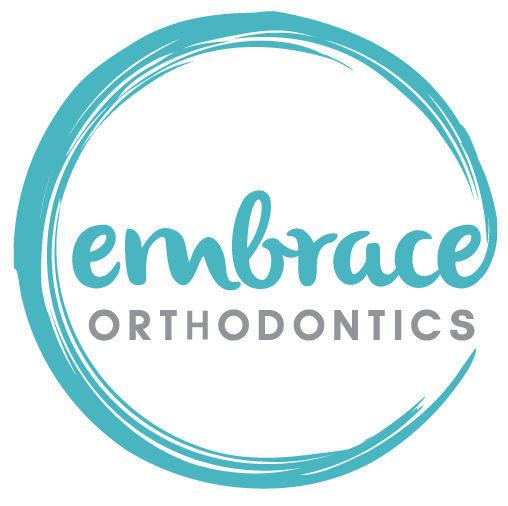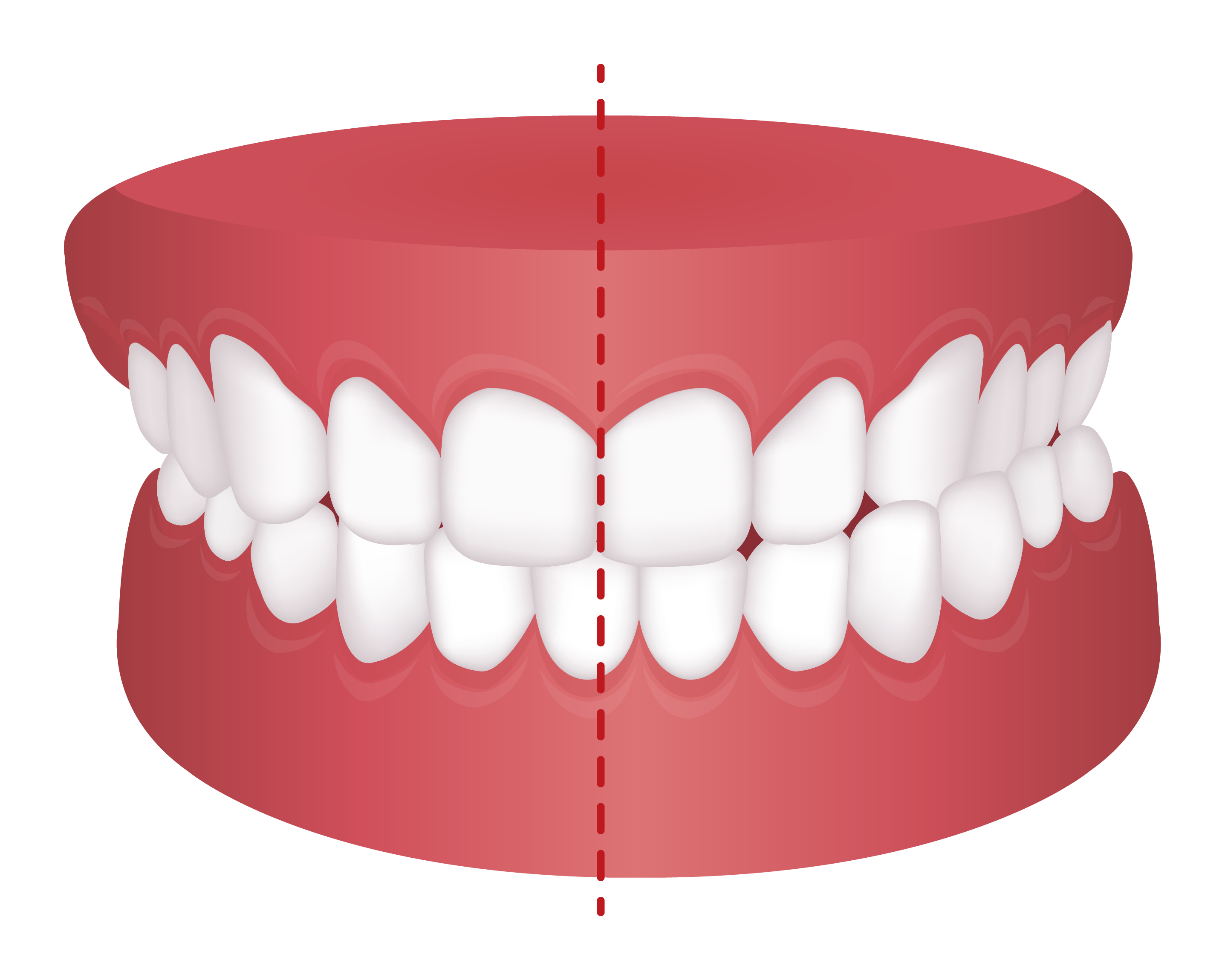Crossbite Effects and Treatments
You may be surprised to find the magnitude of effects on overall health that can result from different cases of crossbites. A misaligned bite can leave the door open to a host of other dental problems, such as:
- Gum disease and gingival recession
- Jaw muscle strain
- Headaches
- Erosion of tooth enamel
- Chronic neck, shoulder, back, and jaw pain
- Teeth grinding
- Abnormal growth of the jaw
As a result of facial asymmetry catalyzed by a crossbite, a child or teenager may be subjected to unkind remarks at school or in other interactions with their peers. This often leads to low self-esteem in addition to the physical harm caused by the crossbite. Crossbites rarely correct themselves in childhood, and jaw growth can in fact exacerbate cases that seem mild in the younger years. It may be a good idea to address cases such as these at a younger age, rather than delay and potentially pay more and endure more hardship with a more severe orthodontic treatment.
Modern orthodontic practices have a wealth of treatment options available to realign patients’ teeth into the correct positions for good oral health. Treatments for crossbite caused by upper teeth fitting inside the lower teeth include:
- Bonded palatal/maxillary expander: this device is inserted by an orthodontist, placed on the palate and temporarily attached to the upper teeth. It features a special key that can gradually widen the upper palate. These devices are most effective in children, since their palates are still actively growing.
- Removable orthodontic expander: when treating adults rather than children, orthodontists may prefer to recommend this device. It can be worn at night to widen the upper palate. It is best used when only minimal expansion is required.
- Surgically-assisted rapid palatal expansion: in some cases surgery may be warranted. This jaw surgery intentionally breaks the jaw bone in several places, and a custom-made device is worn to help the jaw grow wider over time as it heals. This surgery is an option for when palatal expanders cannot do enough to expand the upper palate by themselves.
- Braces: whether by themselves or as a supplement or subsequent treatment to palatal expansion, braces are commonly used to straighten and fix crooked teeth so that an aligned bite is created. There are a number of varieties: traditional braces and clear braces, some made using ceramic parts for greater comfort and unobtrusiveness.
- Invisalign: another option for mild to moderate cases of crossbite where the positions of the teeth are all that need to be corrected. Since Invisalign aligners can be removed, unlike braces, it is easier to maintain good oral hygiene while using them, and there are no problem foods to be avoided. However, aligners still need to be worn at almost all times to have an effect.
In the cases of crossbite caused by the entire upper tooth/teeth lay outside the opposing lower tooth/teeth, extraction of certain upper tooth/teeth (usually a premolar close to the crossbite area) is often needed in order to have enough space to bring the tooth/teeth in crossbite back to its (their) correct position.



